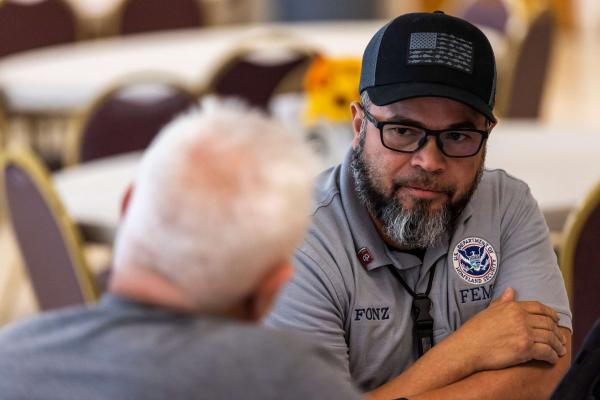Dec 16, 2024
On Nov. 19, Federal Emergency Management Agency Administrator Deanne Criswell sat before legislators on Capitol Hill and defended the agency from accusations that it responded slowly to hurricanes in the southeastern United States and skipped homes with President-elect Donald Trump signs on their property.
Earlier in November, Criswell said in a statement that a FEMA employee who had told relief workers in Florida to skip houses with signs supporting Trump had been fired. (Other employees later returned to those homes to offer the opportunity to apply for aid, Criswell testified.) This revelation came at a time when conspiracy theories about hurricanes were rampant.
Read the Full Article

Already a subscriber? Login
